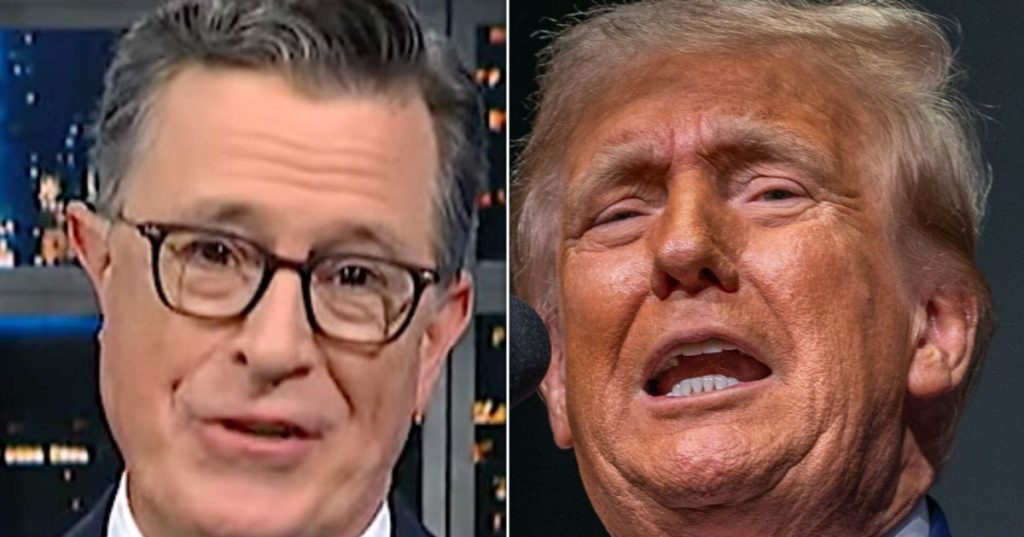Republican Senate candidate J.D. Vance has been struggling at campaign appearances, with his stiff and awkward demeanor and offensive comments alienating key voting groups, particularly women. His infamous remark about “childless cat ladies” highlights his tendency to offend. Even former President Donald Trump seemed to distance himself from Vance when asked about people calling the Republican ticket “weird,” with Trump reportedly responding that the criticism was actually directed at Vance, not himself. This distancing was further emphasized by a parody of the film “Thelma & Louise” shown in a segment of “The Late Show with Stephen Colbert.”
Vance’s campaign has been marred by missteps and controversies that have left him increasingly isolated and unpopular among voters. His comments about women, especially childless women, have drawn sharp criticism and have damaged his reputation. Even Trump, who previously supported Vance, appears to be distancing himself from the candidate as criticism of him grows. The updated version of the ending of “Thelma & Louise” shown on “The Late Show” suggests that Trump may be turning his back on Vance.
Vance’s struggle to connect with voters and avoid offending key demographics has put his candidacy in jeopardy. His stiffness and awkwardness at campaign events have made him appear unapproachable and out of touch with the concerns of everyday Americans. The missteps and controversies surrounding his campaign have only served to further alienate potential supporters and have damaged his credibility as a candidate. The backlash against Vance’s comments about women reflects a wider trend of backlash against politicians who make derogatory remarks about gender or lifestyle.
The criticism Vance has faced for his offensive comments underscores the importance of avoiding alienating key voting groups, particularly women, in modern politics. Candidates must be mindful of their language and be sensitive to the concerns of diverse demographics in order to build a broad base of support. Vance’s inability to connect with female voters and the backlash against his remarks about “childless cat ladies” demonstrate the risks of alienating key demographics in a political campaign. The public response to Vance’s comments serves as a reminder of the power of language and the need for politicians to choose their words carefully.
The distancing of Trump from Vance suggests that the former president may be concerned about the impact of Vance’s controversies on the Republican ticket. Trump’s reported comments about people calling the ticket “weird” and his apparent attribution of the criticism to Vance rather than himself indicate a shift in his support for the candidate. The parody of “Thelma & Louise” shown on “The Late Show” further underscores the idea that Trump may be seeking to distance himself from Vance as the campaign progresses. The implications of Trump’s apparent withdrawal of support for Vance could have significant repercussions for the Republican Party and the upcoming election.
Overall, Vance’s campaign has been marked by missteps and controversies that have damaged his credibility and popularity among voters. His offensive comments about women, particularly childless women, have drawn sharp criticism and alienated key voting groups. Even former President Trump appears to be distancing himself from Vance, as evidenced by his reported comments about the Republican ticket being “weird” and his apparent attribution of the criticism to Vance rather than himself. The backlash against Vance’s comments underscores the importance of sensitivity and inclusivity in political discourse, and serves as a cautionary tale for politicians seeking to build broad support.


